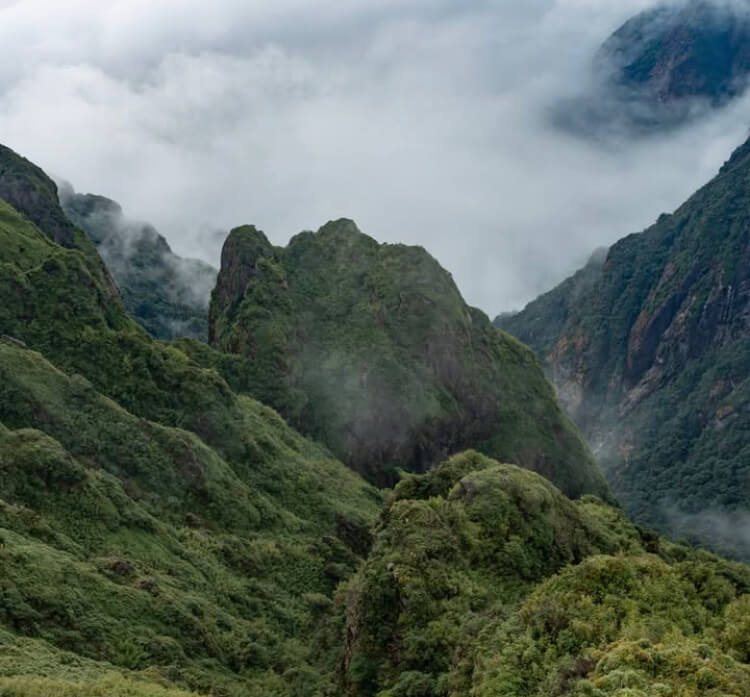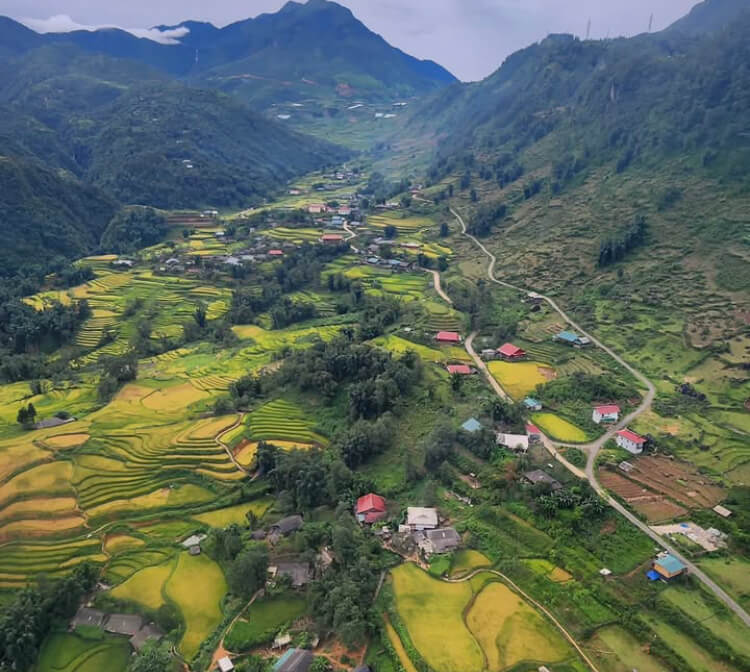Difference Between Hiking and Trekking: What You Need to Know
To understand the difference between hiking and trekking, it’s essential to know that while both involve exploring nature on foot, they cater to different levels of adventure and preparation.
If you’re an outdoor enthusiast, you might have heard the terms “hiking” and “trekking” being used interchangeably. However, some key differences between these activities are important to know if you want to plan an adventure trip. In this post, we’ll explore the differences between hiking and trekking and share tips to optimize your experience.
🌳 What is Hiking?
Difference Between Hiking and Trekking: What You Need to Know is a leisurely activity that involves walking on established trails or paths, usually in natural environments such as parks, forests, or mountains.
- Hiking can range from easy to moderately strenuous, depending on elevation gain, distance, and terrain.
- Hikers typically carry a daypack with essentials such as water, snacks, and a first aid kit.
- It’s often done as a day trip, but can extend to multi-day hikes with accommodations like campsites or lodges.
⛰️ What is Trekking?
Trekking is a more challenging and immersive activity, usually done in remote, rugged areas over several days or weeks.
- Treks can cover long distances, cross multiple terrains, and require specialized equipment like tents, sleeping bags, and cooking gear.
- Trekkers often walk at higher altitudes (e.g., the Himalayas or Vietnam’s Fansipan mountain), which requires acclimatization and physical preparedness.
- Mental strength and endurance are key, especially for longer or high-altitude routes.
🔍 Key Differences Between Hiking and Trekking
Here are the main points of difference between hiking and trekking:
| Feature | Hiking | Trekking |
|---|---|---|
| Duration | Few hours to a couple of days | Several days to weeks |
| Difficulty | Easy to moderate | More physically and mentally demanding |
| Gear | Daypack, water, snacks | Tents, sleeping bags, trekking poles, cooking gear |
| Altitude | Can be low or mid-elevation | Often involves high-altitude environments |
| Cost | Budget-friendly | Can be expensive due to gear, guides, and permits |
💡 Tips to Optimize Your Hiking or Trekking Experience
Whether you’re planning a hike or a trek, these tips will help you make the most of it:
- Plan ahead: Research your route, weather, and trail conditions. Make a gear checklist.
- Train: Build endurance with regular hikes or cardio workouts.
- Respect nature: Follow Leave No Trace principles and respect local cultures.
- Stay safe: Carry maps, let someone know your route, and be weather-awarerney matters as much as the destination.
🌍 Get Out Hiking – A Personal Story
I started hiking at 8 years old in Glendalough National Park, Co. Wicklow, Ireland. My dad was from a small village, Annamoe, near this park. Looking at the mountains as a kid, I always wondered what was on top. At 11, I finally stood at the summit. That moment sparked my passion for hiking, climbing, and exploring. It shaped the path I walk today — literally and figuratively.
We now run treks and expeditions globally. Many think Kilimanjaro is just a hike — but I disagree. It’s a challenging trek that requires serious training and mental preparation.
🫀 Think About Your Health Difference Between Hiking and Trekking
- Heart health & blood pressure
- Bone density (weight-bearing exercise)
- Lower body and core strength
- Endurance and stamina
CDC Study: Walking an hour a day, five days a week, cuts stroke risk by 50%. Hiking and trekking are a great way to stay healthy — and happy.
🧠 Think About Your Mental Health
Nature heals.
- Reduces stress, depression, and anxiety
- Boosts confidence and mental clarity
- Inspires creativity and a sense of purpose
Invite a friend who’s struggling with anxiety. A simple hike might uplift their spirits. A trek might transform their mindset.
👣 Meet Like-Minded People
Join a hiking or trekking club! You’ll:
- Explore new trails
- Learn new skills
- Build lasting friendships
The shared journey motivates you and enriches your experience. Difference Between Hiking and Trekking: What You Need to Know
⚖️ Lose Weight, Gain Strength
Long hikes and treks burn serious calories, tone your body, and help you shed weight. I’ve seen people lose weight, transform their health, and take on life-changing adventures — just by getting into hiking.
💪 13 Reasons Hiking is Good for You
- Reduces glaucoma risk
- Boosts endorphins
- Halves odds of catching a cold
- Cuts Alzheimer’s risk
- Improves heart health
- Lowers blood pressure
- Strengthens arms & shoulders
- Builds core muscles
- Increases bone mass
- Strengthens legs & hips
- Burns more fat than jogging
- Improves balance
- Reduces colon cancer risk
🧭 Trek with the Experts
Whether it’s your first hike or a multi-day trek through mountains, knowing the difference between hiking and trekking helps you prepare wisely.
So, are you ready to lace up your boots and hit the trail?
Let nature lead the way — one step at a time.


Difference Between Hiking and Trekking: What You Need to Know
Discover the key difference between hiking and trekking in this guide for outdoor enthusiasts. Learn how each activity varies in difficulty, duration, gear, and health benefits.